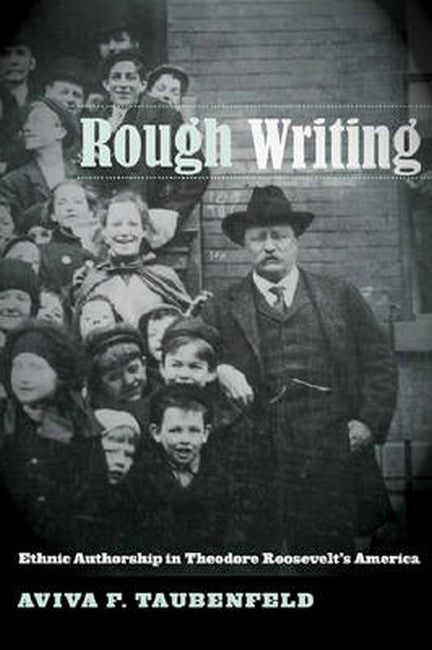As the United States struggled to absorb a massive influx of ethnically diverse immigrants at the turn of the twentieth century, the question of who and what an American is took on urgent intensity. It seemed more critical than ever to establish a definition by which Americanness could be established, transmitted, maintained, and judged. Americans of all stripes sought to articulate and enforce their visions of the nation's past, present, and future; central to these attempts was President Theodore Roosevelt. Roosevelt fully recognized the narrative component of American identity, and he called upon authors of diverse European backgrounds including Israel Zangwill, Jacob Riis, Elizabeth Stern, and Finley Peter Dunne to promote the nation in popular written form. With the swell and shift in immigration, he realized that a more encompassing national literature was needed to "express and guide the soul of the nation." Rough Writing examines the surprising place and implications of the immigrant and of ethnic writing in Roosevelt's America and American literature.

